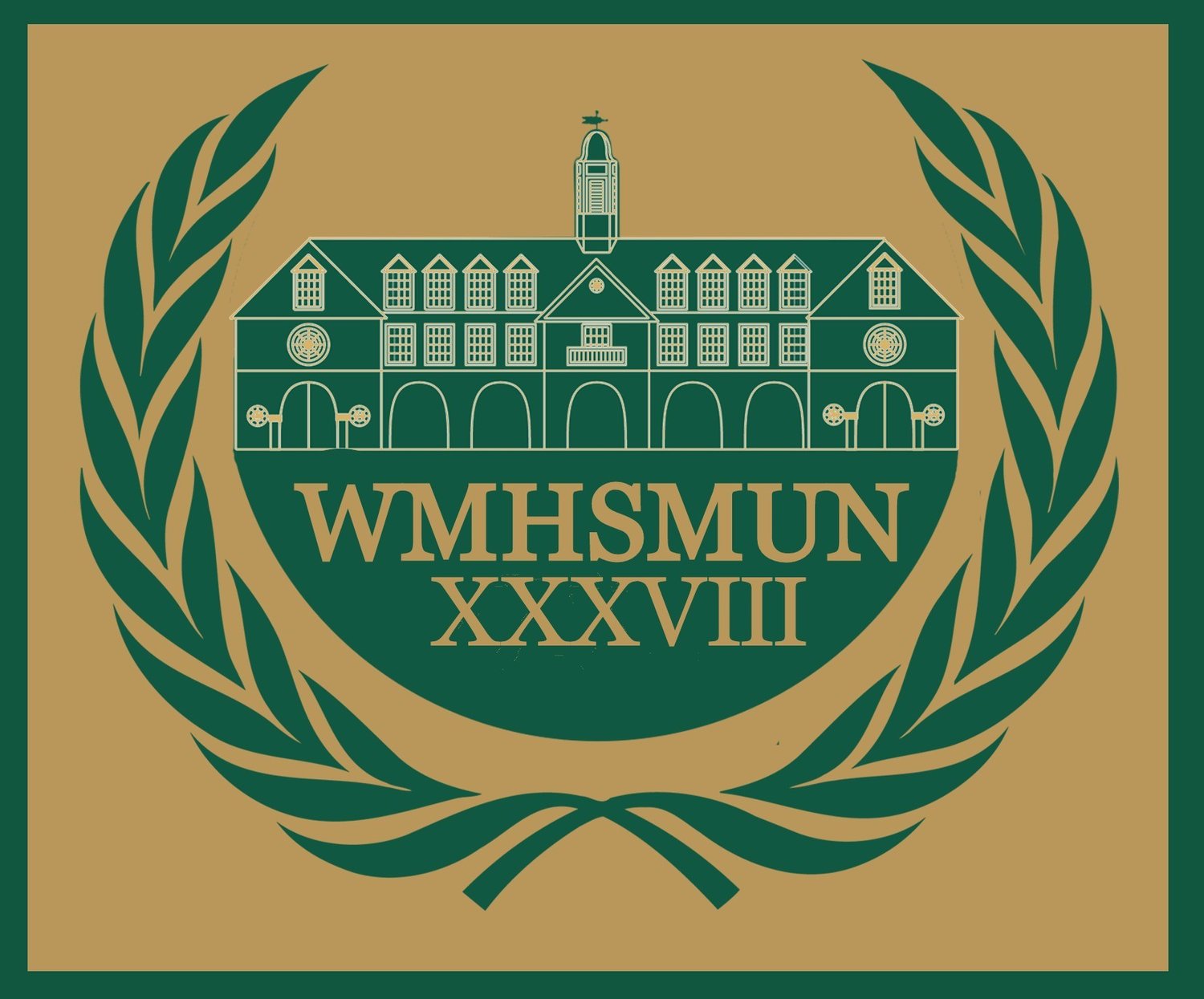United Nations Security Council: 2008 DPRK Disarmament
This is a double delegation committee
Founded in 1945 as one of the six principal organs of the United Nations, the United Nations Security Council (UNSC) serves to protect and maintain international security and peace. By passing resolutions, the UNSC can authorize sanctions, the use of force, and recommend terms of settlement. Crucially, the UNSC has played a decisive role in nuclear proliferation around the world. The issue on the table: the 2008 violation of the nuclear non-proliferation by the Democratic People’s Republic of Korea, and the possible reactivation of Nyongbyon Nuclear Scientific Research Center. As a hybrid committee, delegates will be tasked with addressing this issue through both a crisis and General Assembly lens.
Topic 1 - Unifying Korea in a Nuclear War
The Korean Demilitarized Zone (DMZ) was enacted in 1945 to split Northern and Southern Koreans during World War II. Since the establishment of the DMZ, various diplomatic and militaristic operations have been waged by both sides of the conflict. Despite this, diplomatic progress has been made by the two regions with passage of resolutions such as the PANMUNJOM Resolution. In recent years the international community has warned of the dangers of nuclear proliferation in the Korean peninsula specifically in lieu of the development of nuclear weapons in North Korea. In 2006 the United Nations security council passed Resolution 1718 which discouraged North Korea from participating in the use of missile tests or the advancement in nuclear war technology. Many have feared that potential impacts nuclear proliferation will have on maintaining peace between North and South Korea. Further, many have cited the international concern of North Korean leaders obtaining these powerful weapons.
Topic 2 - International Leadership for/against Nuclear Proliferation
The current reigning dictator of North Korea, Kim Jung Il , has vehemently advocated for nuclear proliferation under the guise of national sovereignty. Despite this, Kim Jung Il has attended several peace conferences with countries around the world on the basis of nuclear policy. North Korea most notably removed itself from the Nonproliferation Treaty in 1994. Despite this, in 2003 North Korea joined the table during the Six Party Talks which hosted China, Japan, Russia, South Korea, and the United States. During this conference, member nations reaffirmed the dangers of nuclear weaponry and its detrimental impacts on international diplomacy.
Committee Procedures
This committee will be a hybrid between crisis and general assembly structure. For the first two sessions, it will be operating as a crisis committee, including both backroom crisis notes and in-room directive cycles. Joint personal directives are also allowed during this portion of the committee. Following the conclusion of the crisis portion, the committee will work together to establish a topic for the GA portion based on where the crisis discussions and updates lead to. The committee will vote on a topic and then will write standard GA-style resolutions to address the selected topic.
While this committee follows the procedural structure of a UNSC committee, no member states will be granted veto power. This means that all directive votes will be determined by a standard simple majority and all resolution votes will be determined by a standard ⅔ majority. During the first committee session, the procedure will be discussed in more detail. Delegates are welcome to reach out with procedural questions beforehand to the email provided in the director letter.



